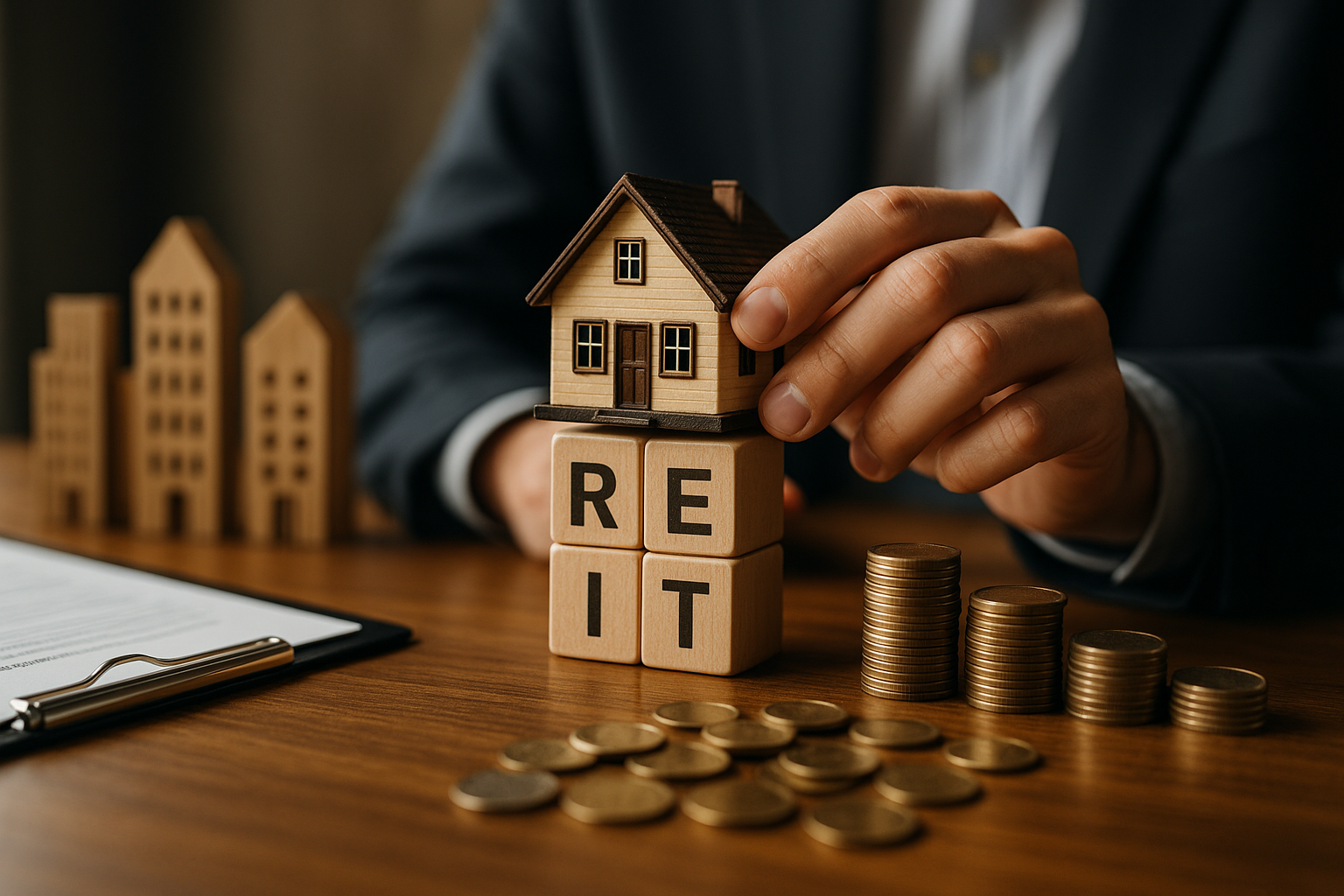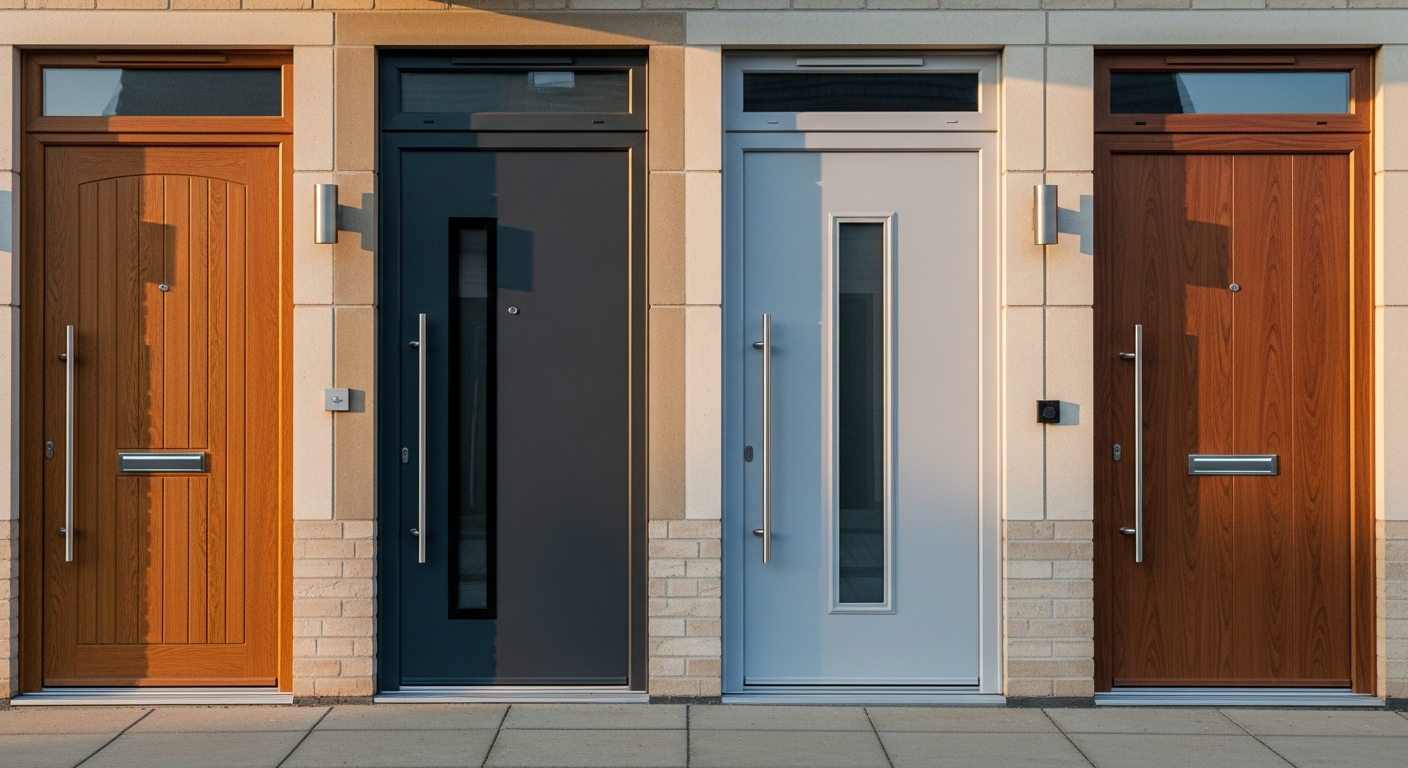Everything You Need to Know About Foreclosed Homes: Options and Costs
Foreclosed homes can offer attractive prices, but purchasing them involves specific risks, costs, and procedural hurdles that U.S. buyers should understand. This guide explains how bank-owned properties are handled, typical price ranges and fees expressed in USD, financing and inspection considerations, legal and title issues, and strategies to compare opportunities safely.

Foreclosures represent a unique opportunity in the real estate market, but they come with distinct processes and considerations that differ from traditional home purchases. When homeowners fail to meet mortgage obligations, lenders initiate foreclosure proceedings to recover their investment. The resulting properties often become available at reduced prices, creating opportunities for buyers willing to navigate the complexities involved.
The foreclosure market operates differently across states, with some following judicial processes requiring court approval and others using non-judicial procedures. Understanding these differences helps buyers prepare for timelines and legal requirements specific to their location. Additionally, the condition of foreclosed properties varies widely, from well-maintained homes to those requiring substantial repairs.
How much does a foreclosed house cost and which factors influence the price?
Foreclosed property prices typically range from 20% to 50% below comparable market-value homes, though actual discounts depend on multiple factors. Location remains the primary price determinant, with properties in desirable neighborhoods commanding higher prices even in foreclosure. Property condition significantly impacts value, as homes requiring extensive repairs sell for less than move-in-ready properties.
Market conditions influence foreclosure pricing, with competitive markets seeing smaller discounts and slower markets offering deeper reductions. The stage of foreclosure also matters: pre-foreclosure properties may sell closer to market value, while bank-owned properties often see steeper discounts. Outstanding liens, back taxes, and homeowner association fees can affect final purchase costs, as buyers may inherit these obligations.
Local economic conditions, employment rates, and housing demand all contribute to foreclosure pricing. Properties in areas with strong job markets and population growth maintain higher values. Seasonal factors can influence prices too, with spring and summer typically seeing more competitive bidding than winter months.
Foreclosed homes: main options available to U.S. buyers
Buyers can pursue foreclosed properties through several channels, each with distinct advantages and challenges. Pre-foreclosure purchases involve buying directly from homeowners facing foreclosure, often through short sales where lenders accept less than the outstanding mortgage balance. This option allows buyers to negotiate directly with motivated sellers but requires lender approval, which can extend closing timelines.
Foreclosure auctions represent another avenue, typically conducted at county courthouses or online platforms. Auction properties often require cash purchases or significant deposits, with limited inspection opportunities. Successful bidders must act quickly and accept properties as-is, making this option more suitable for experienced investors or cash buyers comfortable with risk.
Bank-owned properties, or Real Estate Owned (REO) properties, become available after unsuccessful auctions. These represent the most accessible option for traditional buyers, as banks list them through real estate agents and accept conventional financing. REO properties allow standard inspections and negotiations, though banks typically sell as-is without repair obligations.
Government-owned foreclosures, including HUD homes, VA foreclosures, and USDA properties, offer additional opportunities. These agencies sell foreclosed properties from government-backed loans, often with special programs for owner-occupants and favorable financing terms.
Explanation of bank-owned properties (REO) and the purchase process
Real Estate Owned properties represent homes that failed to sell at foreclosure auctions and reverted to lender ownership. Banks prefer selling these properties quickly to recover losses and avoid ongoing maintenance costs. The REO purchase process resembles traditional home buying but includes unique considerations.
Buyers typically work with real estate agents to identify REO listings on the Multiple Listing Service or bank-specific websites. After identifying suitable properties, buyers should conduct thorough inspections, as banks sell REO homes as-is without warranties. Professional inspections reveal potential issues and repair costs, informing offer decisions.
Financing REO purchases follows standard mortgage procedures, though some banks offer special financing programs for their foreclosed inventory. Buyers submit offers through listing agents, often using bank-specific purchase contracts. Banks may take longer to respond to offers than individual sellers, sometimes requiring weeks for corporate approval processes.
Title searches are crucial for REO purchases to ensure clear ownership and identify any liens or encumbrances. Title insurance protects buyers from undiscovered claims. Closing processes mirror traditional sales, though banks typically require specific documentation and may have non-negotiable terms regarding repairs or credits.
Risks and important considerations before buying a foreclosure
Foreclosed properties carry inherent risks that buyers must carefully evaluate. Property condition represents a primary concern, as foreclosed homes may suffer from deferred maintenance, vandalism, or intentional damage by former owners. Hidden problems like structural issues, mold, electrical problems, or plumbing defects can substantially increase total ownership costs.
Title complications pose another risk, as foreclosures may have unresolved liens, unpaid taxes, or disputed ownership claims. Comprehensive title searches and title insurance are essential protections. Some properties have multiple lien holders, complicating the purchase process and potentially affecting buyer obligations.
Financing challenges can arise, particularly if properties fail to meet lender appraisal requirements. Homes needing significant repairs may not qualify for conventional financing, requiring cash purchases or specialized renovation loans. Competition from investors and cash buyers can make winning bids difficult for traditional buyers with financing contingencies.
Emotional considerations matter too, as some buyers feel uncomfortable purchasing homes from families experiencing financial hardship. Additionally, foreclosed properties may be located in declining neighborhoods or areas with higher crime rates, affecting long-term investment value and quality of life.
Legal complexities vary by state, with some jurisdictions offering redemption periods allowing former owners to reclaim properties after sale. Understanding local foreclosure laws and timelines helps buyers avoid unexpected complications.
Comparison of typical costs, fees, and service providers in the U.S. foreclosure market
Understanding the full cost structure of foreclosure purchases helps buyers budget appropriately and compare options. Beyond purchase prices, buyers face various fees and expenses that can significantly impact total investment. Different service providers offer specialized support throughout the foreclosure buying process.
| Service/Cost Category | Provider/Description | Estimated Cost Range |
|---|---|---|
| Home Inspection | Licensed inspection companies | $300 - $500 |
| Title Search & Insurance | Title companies (First American, Fidelity National) | $1,000 - $3,000 |
| Real Estate Agent Commission | Traditional brokerages (typically paid by seller) | 5% - 6% of sale price |
| Appraisal Fee | Licensed appraisers | $300 - $600 |
| Foreclosure Listing Services | Auction.com, RealtyTrac, Foreclosure.com | $50 - $200 monthly subscription |
| Attorney Fees (if required) | Real estate attorneys | $500 - $2,500 |
| Repair/Renovation Costs | Contractors (varies widely by scope) | $5,000 - $50,000+ |
| Auction Registration/Deposit | Auction companies | 5% - 10% of purchase price |
Prices, rates, or cost estimates mentioned in this article are based on the latest available information but may change over time. Independent research is advised before making financial decisions.
Additional costs may include homeowner association fees, back taxes, utility reconnection charges, and ongoing maintenance expenses. Buyers should budget an additional 10% to 20% beyond the purchase price for unexpected costs and repairs. Financing costs, including loan origination fees, points, and closing costs, add further expenses for buyers using mortgages.
Working with experienced professionals familiar with foreclosure transactions provides valuable guidance. Real estate agents specializing in foreclosures understand local market conditions and bank negotiation processes. Real estate attorneys in judicial foreclosure states ensure legal compliance and protect buyer interests. Financial advisors help buyers assess whether foreclosure purchases align with their overall financial goals and capabilities.
Foreclosed properties offer opportunities for significant savings but require thorough research, careful planning, and realistic expectations. Buyers who understand the process, assess risks honestly, and work with qualified professionals position themselves for successful foreclosure purchases. While challenges exist, informed buyers can find excellent value in the foreclosure market, whether seeking primary residences or investment properties. Patience, due diligence, and financial preparedness are essential for navigating this specialized segment of real estate successfully.




